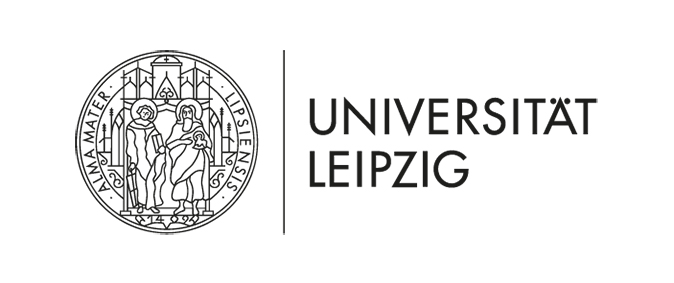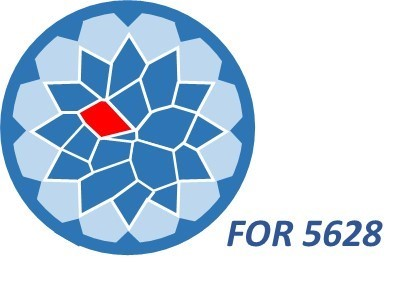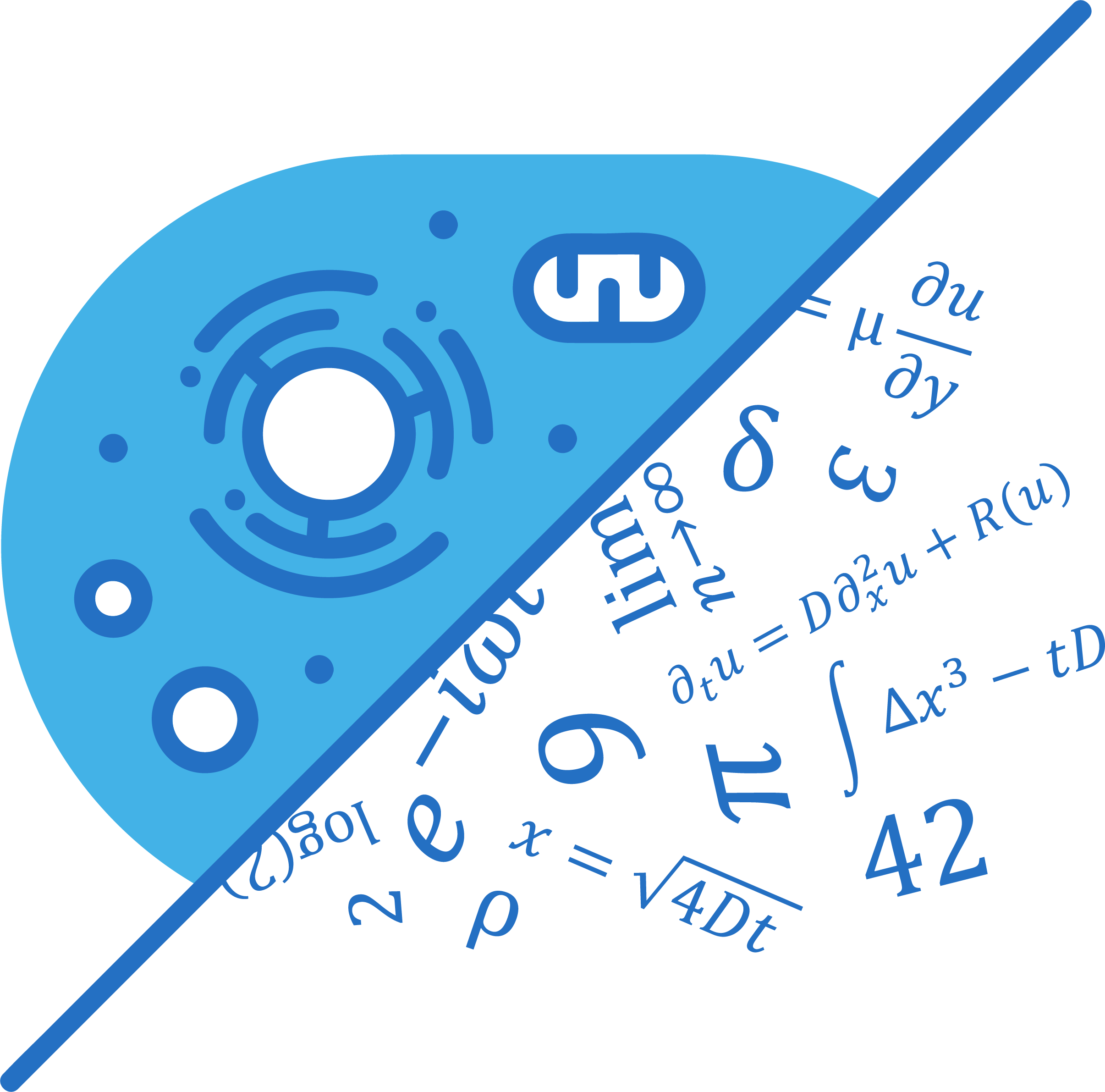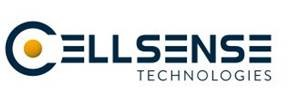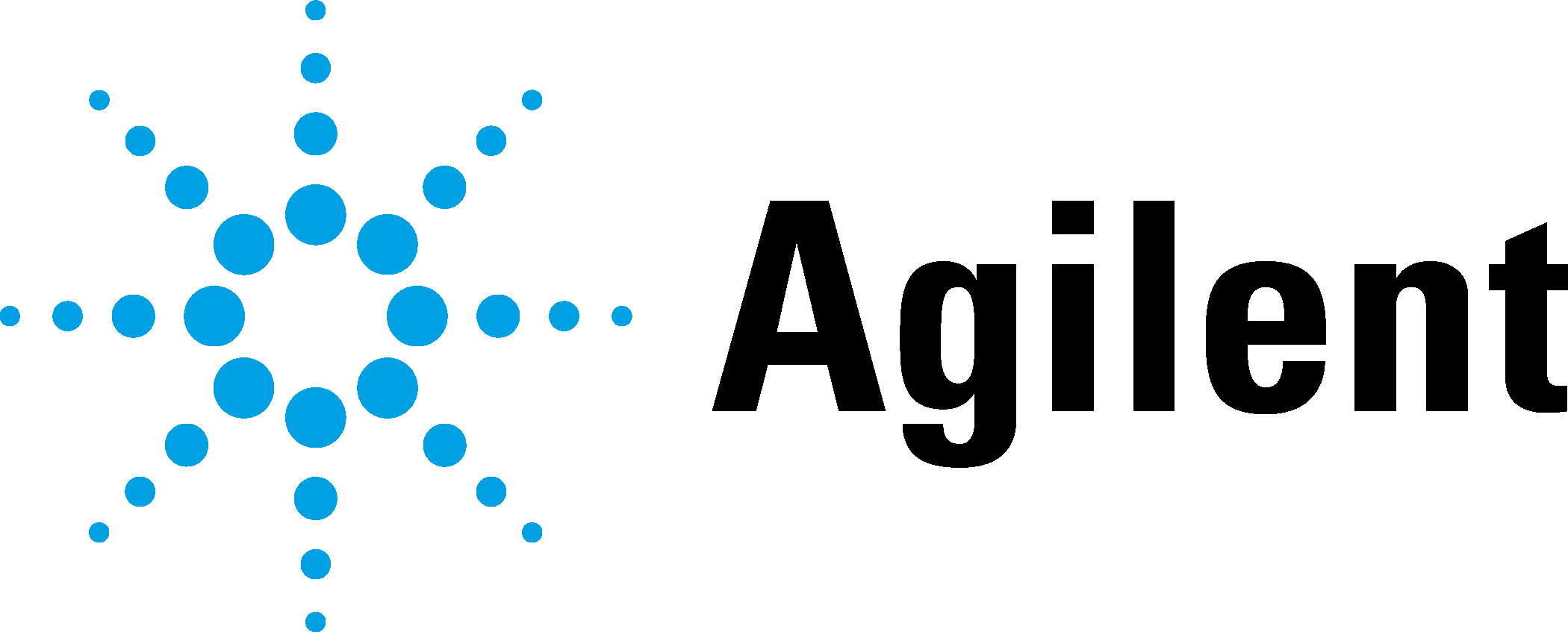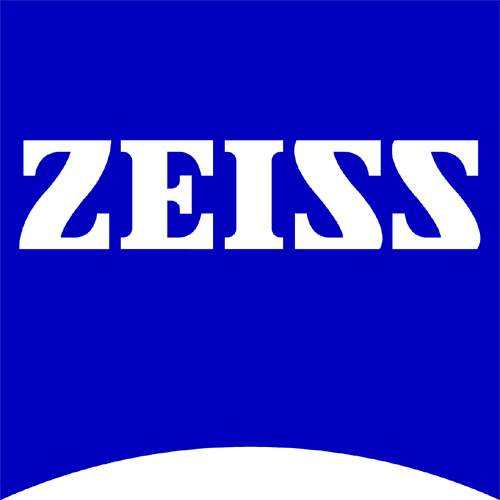|
15th Annual Symposium Physics of Cancer Leipzig, Germany Sept. 30 - Oct. 2, 2024 |
PoC - Physics of Cancer - Annual Symposium |
|
|
Contributed Talk
oncoGNN: Physics Guided Geometric Deep Learning in Cancer Metastasis
Universität Leipzig, Soft Matter Physics Division, Linnéstraße 5, Leipzig, Germany
Contact:
Geometric deep learning extends machine learning to non-uniformly structured data, most notably graphs, a versatile data structure that can represent various physical systems. We employ this data model to transform data from different experiments into a common format, allowing us to apply insights from one type of data to another using both graph theory and graph neural networks (GNNs).
In this proof-of-concept work, we develop a model to predict cell motility using graphs derived from cell monolayer data. Using morphological as well as graph theoretical node features, our GNN model achieves a high correlation between actual and predicted cell motility. Subsequently, we apply the trained model to clinical breast cancer tissue samples to predict the metastatic risk based on cancer cell motility. This method provides a novel way to transfer knowledge between different types of biological data, offering valuable insights into cell behavior and disease progression. Specifically, it holds potential for improving our understanding of cancer metastasis, ultimately aiding in the development of more effective diagnostic and treatment strategies. |
